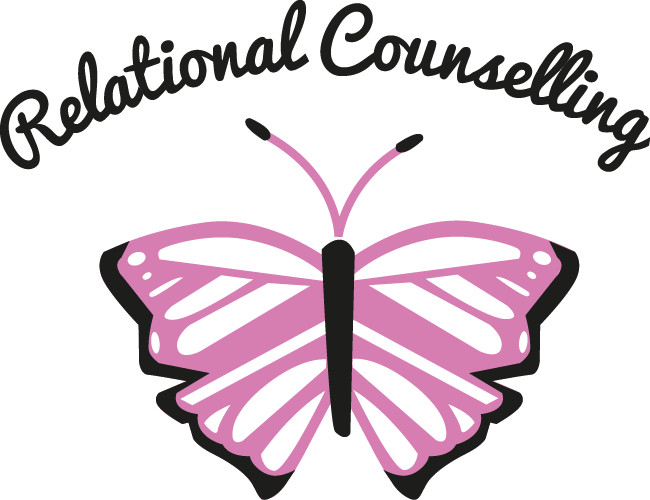The Myth of the Lone Healer: Why Emotional Pain Needs Connection
Introduction
We’re told to "be strong," "get over it," or "deal with it yourself", suggesting that emotional wounds are something to be ashamed of and can and should be healed in isolation. Unfortunately, as emotional pain thrives in solitude, it often worsens as a result.
Much of modern culture ideates independence and resilience. While valuable traits, emotional pain is often neglected as a side effect.
Alone vs Connection
Think about a physical injury. A broken arm needs a cast, support, and the expertise of a medical professional. We wouldn't expect it to heal correctly if ignored or left entirely to the individual. Emotional pain, though invisible to others, is no less real and can oftentimes be far more complex. It leaves invisible scars, influences our thoughts and behaviours, and can profoundly impact our well-being and relationships.
Trying to navigate this storm alone can feel like a deer blinded in headlights. Shame, guilt, and self-blame often accompany emotional distress, creating walls and leading to further isolation. We might replay painful events, internalise negative messages, and develop unhealthy coping mechanisms in an attempt to manage the discomfort. Without a helping hand, these patterns can become deeply ingrained, hindering healing and perpetuating suffering.
Whereas connection offers a lifeline. Sharing our pain with a professional, or even a friend, or family member allows us to externalise our suffering. Voicing our pain can lessen the intensity and begin to break the power it holds over us. When we feel heard and validated, the isolating effects of shame are dispersed, additionally reminding us that we are not alone in our struggles.
Empathy is a powerful catalyst for healing. When someone truly understands and acknowledges our pain, it can be deeply validating and transformative. It helps us feel seen and accepted, giving a renewed sense of safety that allows us to begin processing difficult emotions. Knowing that someone cares and is willing to bear witness to our vulnerability can be incredibly comforting and empowering.
Furthermore, talking about our experiences can offer us different perspectives and insights that we might not be able to access on our own. They can help us identify patterns, challenge negative thought processes, and explore healthier ways of coping. This external guidance can be invaluable in navigating the complexities of emotional healing.
While inner work and self-reflection are crucial components of healing, they are most effective when coupled with connection. Our therapists here at Relational Counseling, provide you a safe and supportive space to explore emotional pain with an accredited professional. A therapist can offer tools, strategies, and a non-judgemental presence to guide the healing process.
In summary, the idea that emotional pain can heal in isolation is a dangerous myth. Just like a physical wound requires care and attention, our emotional wounds need the nurturing balm of connection, empathy, and understanding. Reaching out for support is not a sign of weakness, but rather an act of courage and self-compassion. By allowing ourselves to be seen and heard, we open ourselves up to the possibility of true and lasting healing. We are wired for connection, and it is within these meaningful relationships that our hearts can truly mend.
-Content by Elizabeth
-Edited by Patrick


